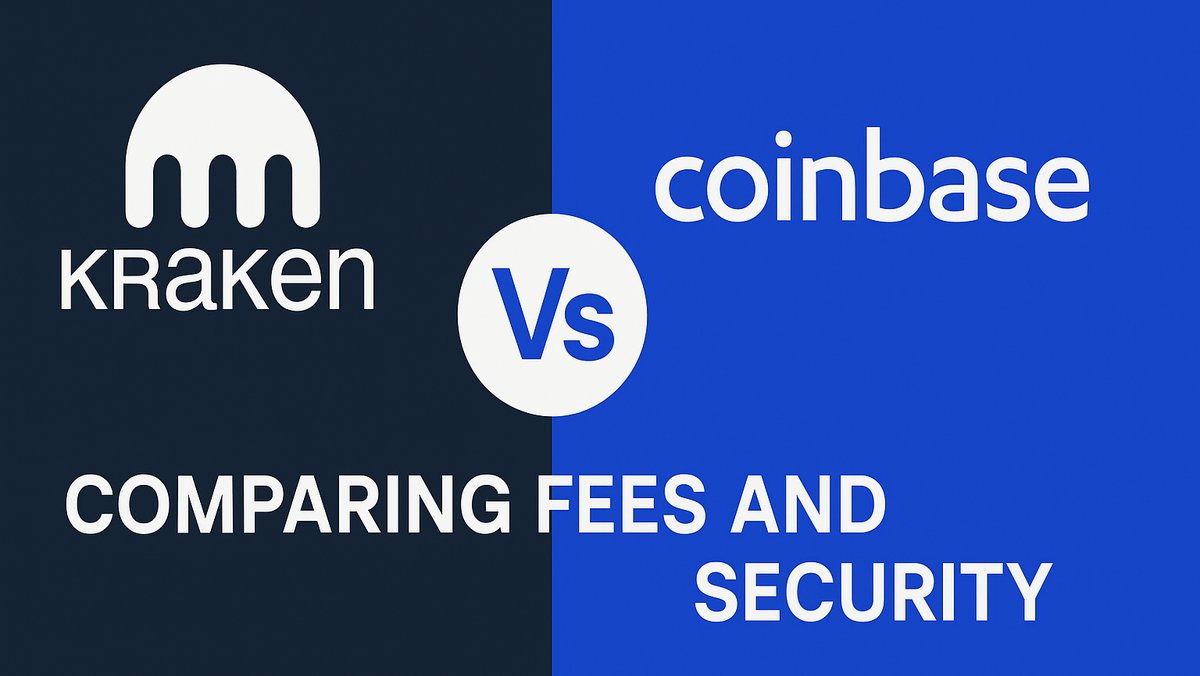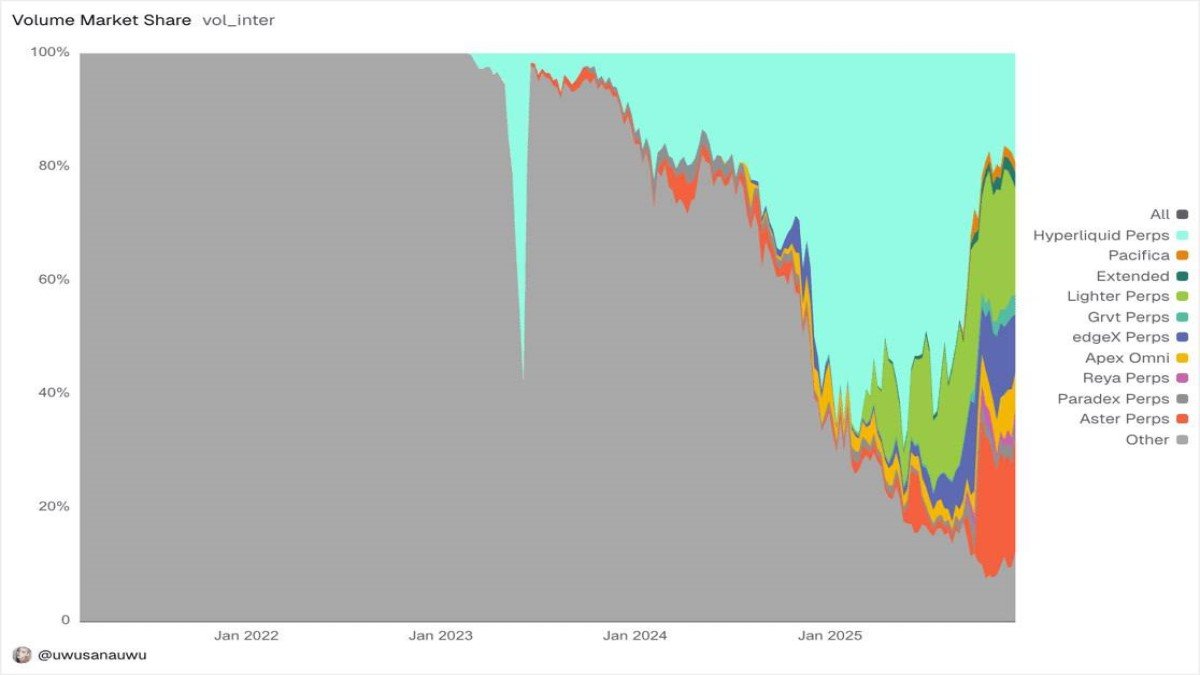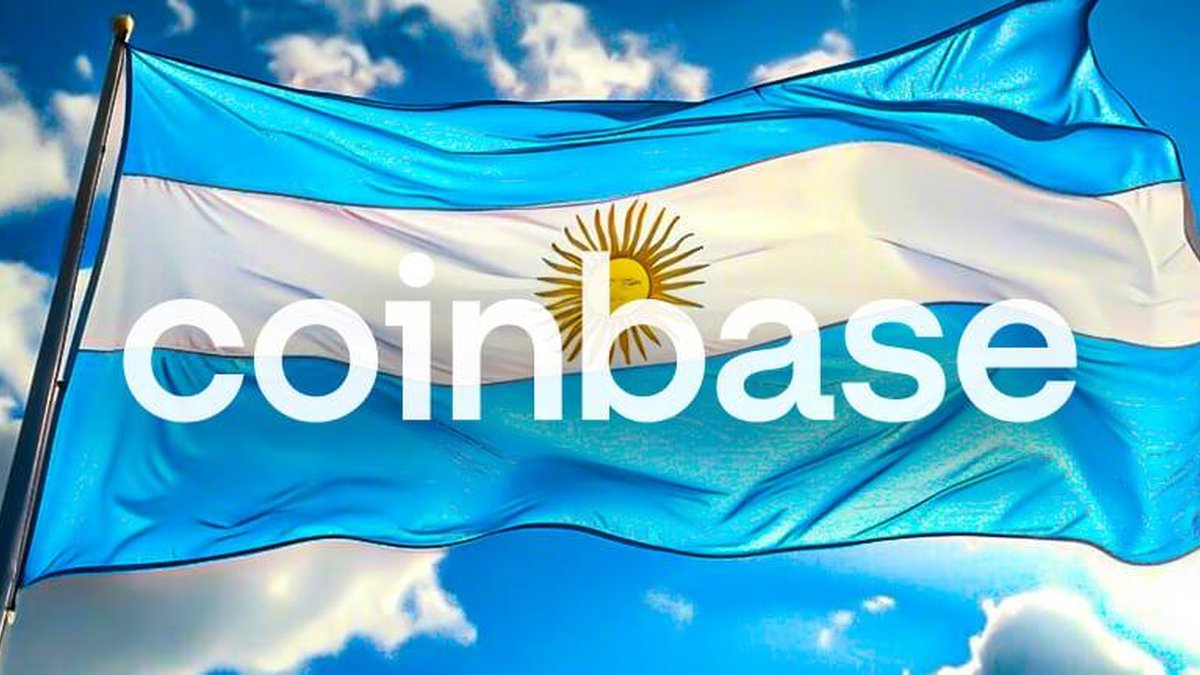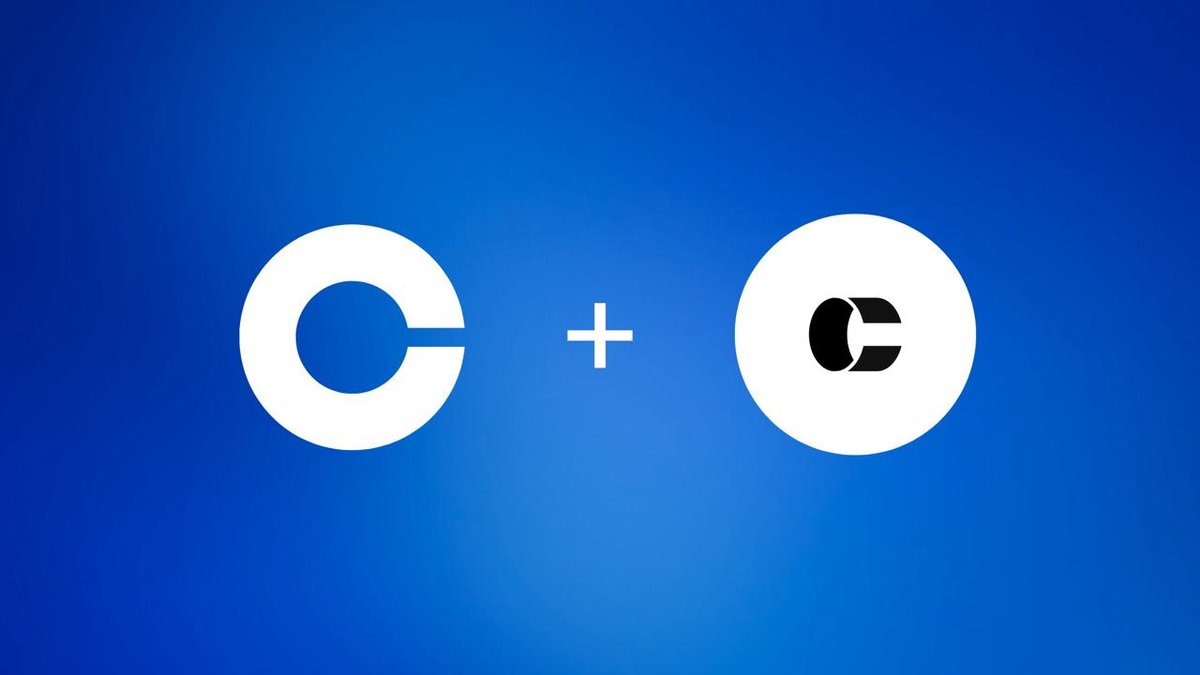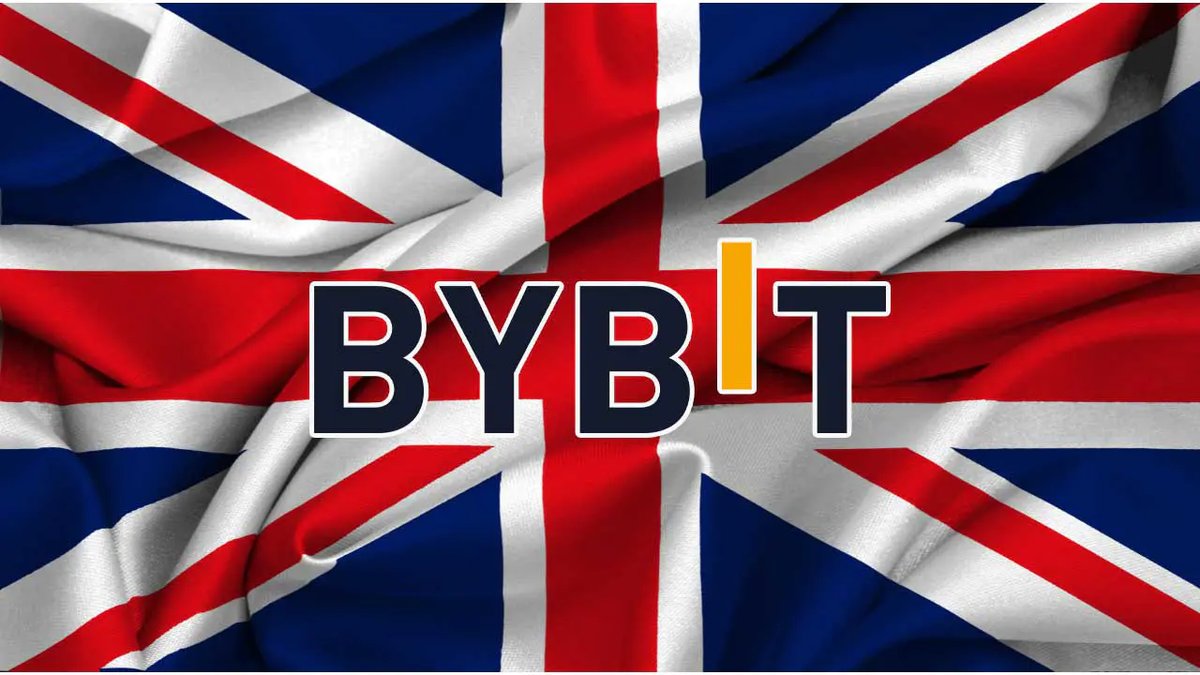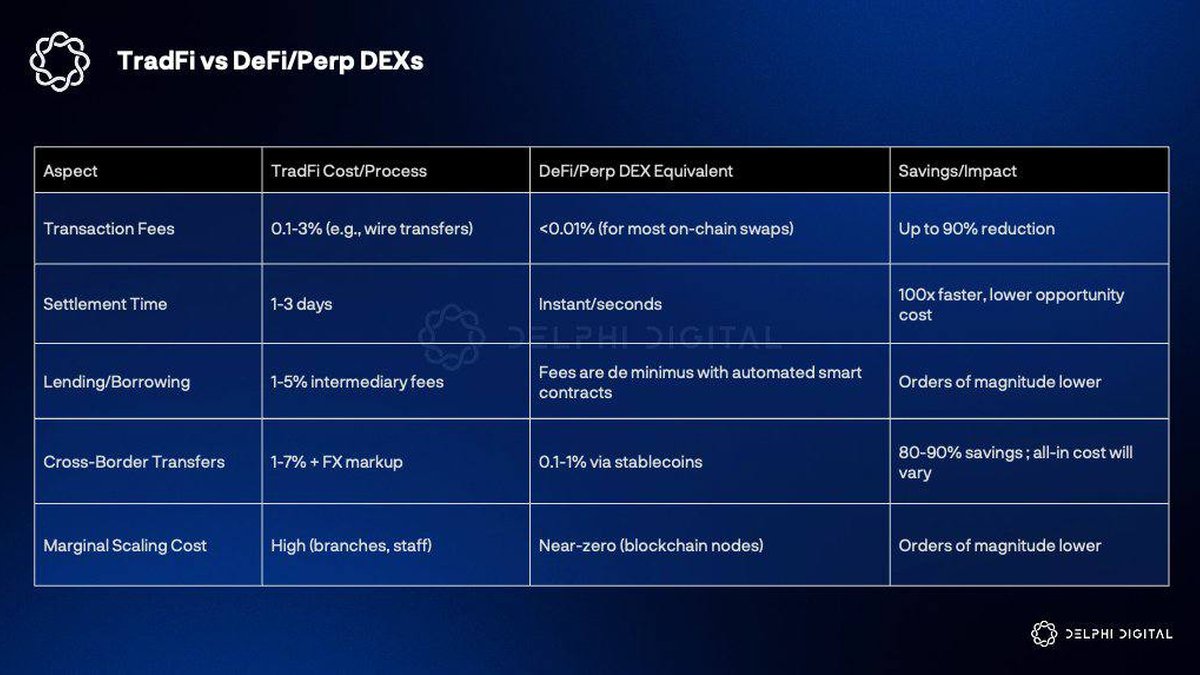Kraken vs Coinbase: A Comprehensive Exchange Comparison
Kraken and Coinbase are two of the most well-known cryptocurrency exchanges in the world, particularly for U.S. investors. While both platforms allow users to buy, sell, and trade digital assets, they cater to slightly different audiences. Coinbase is often seen as the beginner-friendly gateway into crypto, while Kraken is recognized for its lower fees, advanced trading features, and global reach. This article takes a deep dive into fees, security, usability, and supported features so you can determine which exchange best suits your investment strategy.
Exchange Overview
Coinbase was founded in 2012 and is based in the U.S. It is a publicly traded company and one of the most regulated crypto exchanges, offering strong compliance and accessibility for U.S. residents. Its mobile app is intuitive, making it a preferred choice for beginners.
Kraken, founded in 2011, is also U.S.-based but has a stronger international presence. It offers a wider selection of cryptocurrencies and trading pairs, as well as advanced tools for professional traders. Kraken is often favored by users who want more control over their trades and lower fees compared to Coinbase.
Fees: Which Is Cheaper?
One of the most significant differences between Kraken and Coinbase lies in their fee structures:
- Coinbase: Retail users often face higher fees, ranging from 0.5% to 2% depending on payment method and trade size. Its Coinbase Pro service offers lower fees but requires a separate platform login.
- Kraken: Uses a maker-taker model with fees starting at 0.16% (maker) and 0.26% (taker). High-volume traders can qualify for even lower rates, making Kraken more cost-effective for frequent trading.
Verdict: Kraken is generally cheaper for active traders, while Coinbase charges a premium for convenience and simplicity.
Security and Trustworthiness
Both platforms emphasize security, but they differ in execution:
- Coinbase: Holds the majority of customer funds in cold storage and provides insurance coverage against breaches. As a publicly traded company, it faces rigorous financial disclosures.
- Kraken: Has a reputation for never being was impacted by a security incident. It offers advanced security features like two-factor authentication (2FA), PGP email encryption, and customizable withdrawal whitelists.
Verdict: Both are secure, but Kraken’s track record of avoiding major security incidents gives it an edge among advanced users.
Ease of Use
Coinbase: Designed with beginners in mind, its interface is clean, simple, and similar to online banking apps. It is the go-to option for those just entering crypto.
Kraken: Has a steeper learning curve. Its dashboard offers multiple order types, margin trading, and futures contracts, which can overwhelm newcomers but are invaluable to professionals.
Supported Assets and Features
Coinbase: Supports over 200 cryptocurrencies, staking options for select coins, and a learning program that rewards users with free crypto.
Kraken: Supports more than 220 cryptocurrencies and offers staking on a wider selection of assets, margin trading, and futures markets.
Conclusion
For beginners who want simplicity, strong regulation, and an easy mobile experience, Coinbase is the clear winner. For experienced traders who value low fees, advanced tools, and security, Kraken is the better choice. Many investors use both—starting on Coinbase and later migrating to Kraken as they gain confidence and seek more control.
Further Reading and Resources
Signals | Market | Crypto Tax
Frequently Asked Questions
Is Kraken cheaper than Coinbase? Yes, Kraken’s maker-taker fee model is significantly cheaper for frequent traders compared to Coinbase’s retail fees.
Which exchange is safer? Both are highly secure, but Kraken has a reputation for never being was impacted by a security incident, while Coinbase provides insurance protections and public company transparency.
Which is better for beginners? Coinbase is easier to use, making it ideal for newcomers, while Kraken suits advanced users.

